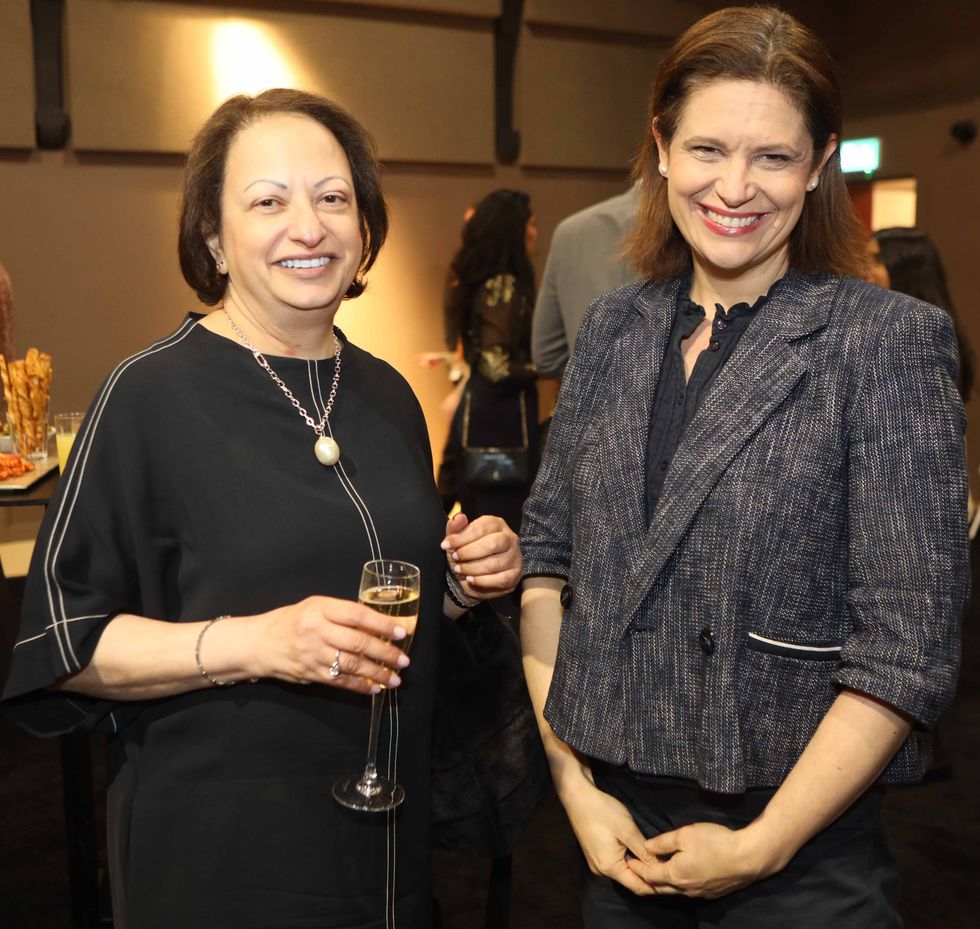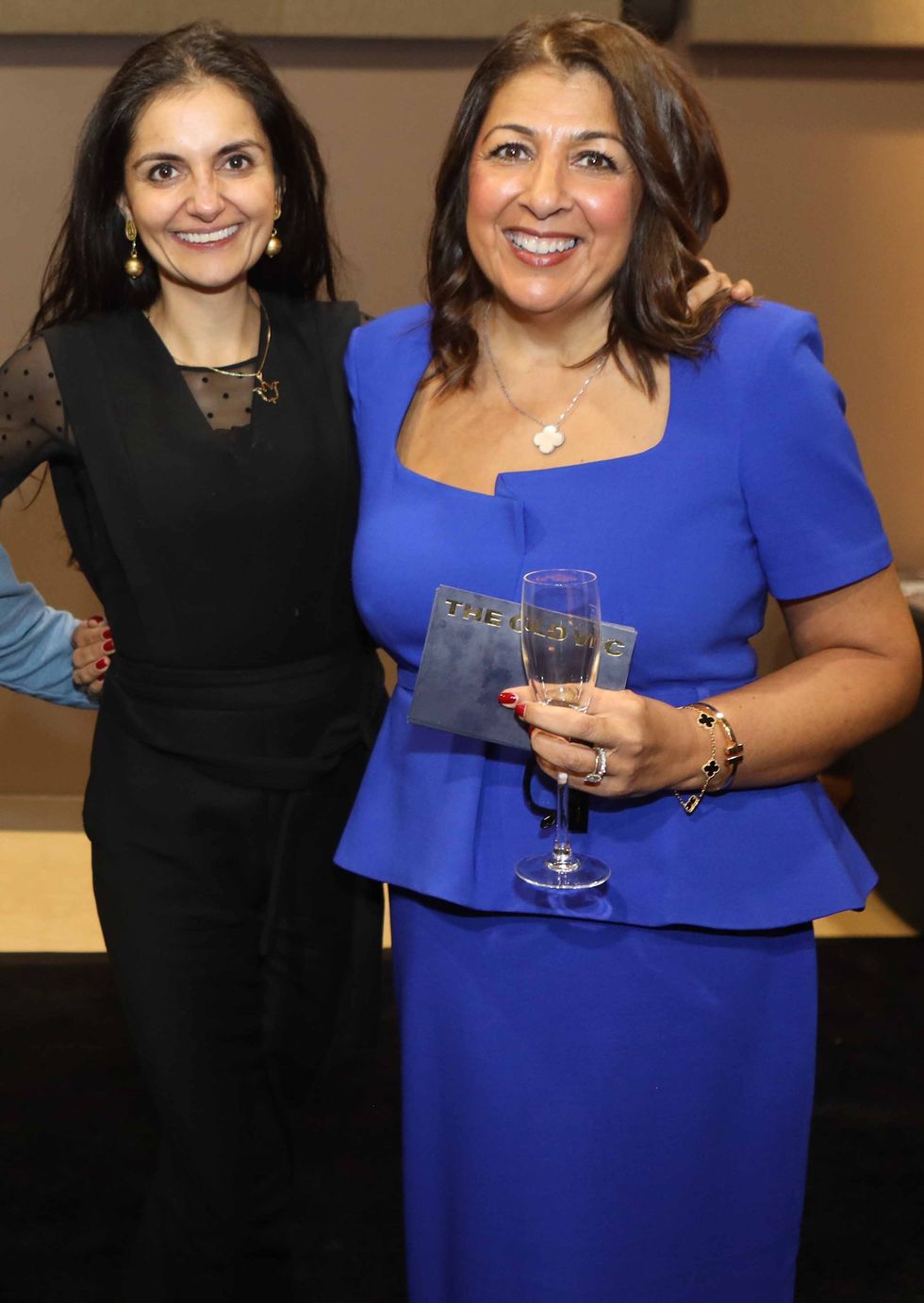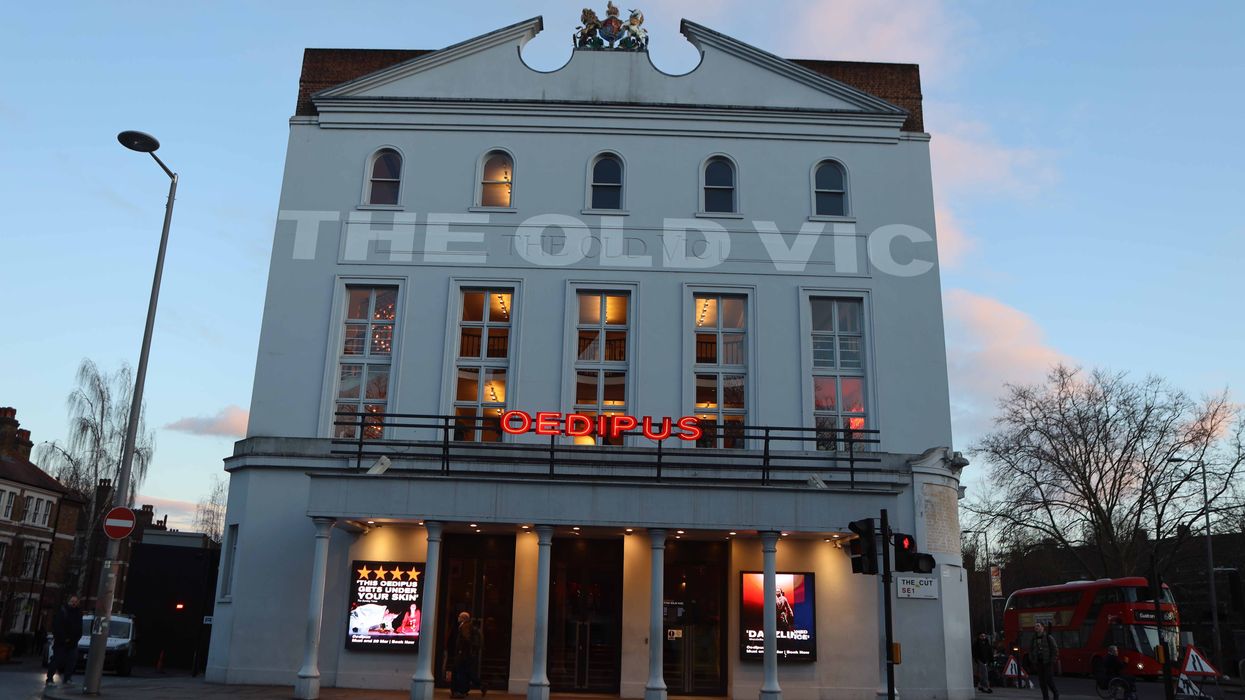EASTERN EYE and the Asian Media Group (AMG) partnered with the Old Vic to bring a special audience to the world-famous theatre for a performance of Oedipus, starring Oscarwinner Rami Malek and Indira Varma in the lead roles.
“The thing I’m most excited about is the number of brown faces in the room,” joked Pavita Cooper, a trustee of the Old Vic.
The idea behind the partnership was set out by Shailesh Solanki, executive editor of AMG: “It’s real privilege for us to partner with the Old Vic and help the theatre engage with diverse communities who contribute so much to the rich tapestry of life in Britain.”
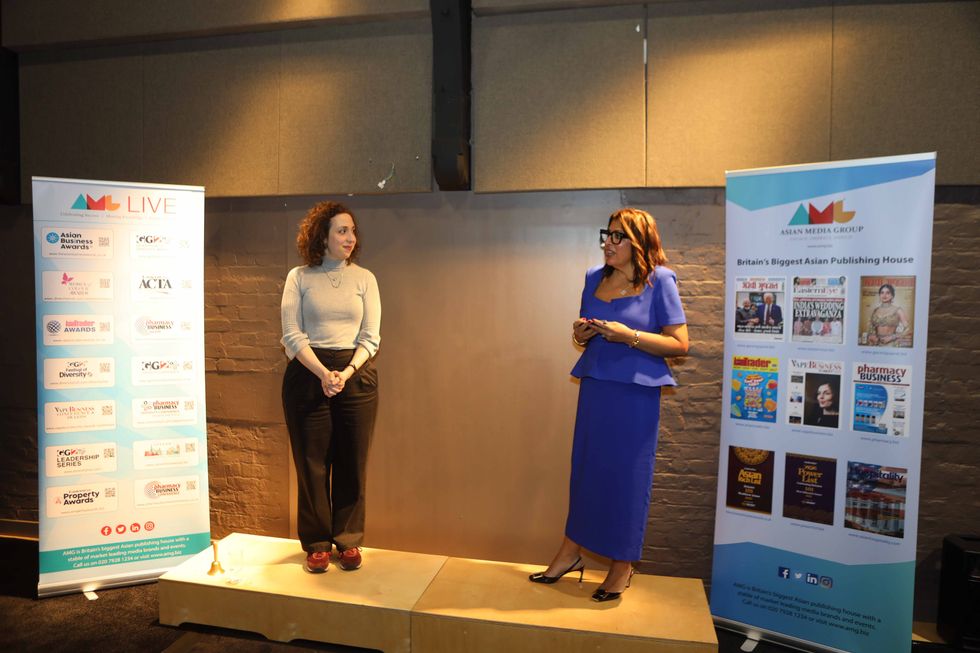
Guests last Tuesday (25) included Lord Jitesh Gadhia, a non-executive member of the Court of the Bank of England; hospitality entrepreneur Tony Matharu; former Tory party treasurer Malik Karim; Rishi Khosla, founder and CEO of the OakNorth Bank; philanthropist Dr Nik Kotecha, Dr Bharat Shah of Sigma Pharmaceuticals, Network International chairman Sir Ron Kalifa, chair of fintech Snoop Dame Jayne-Anne Gadhia and hotelier Girish Sanger.
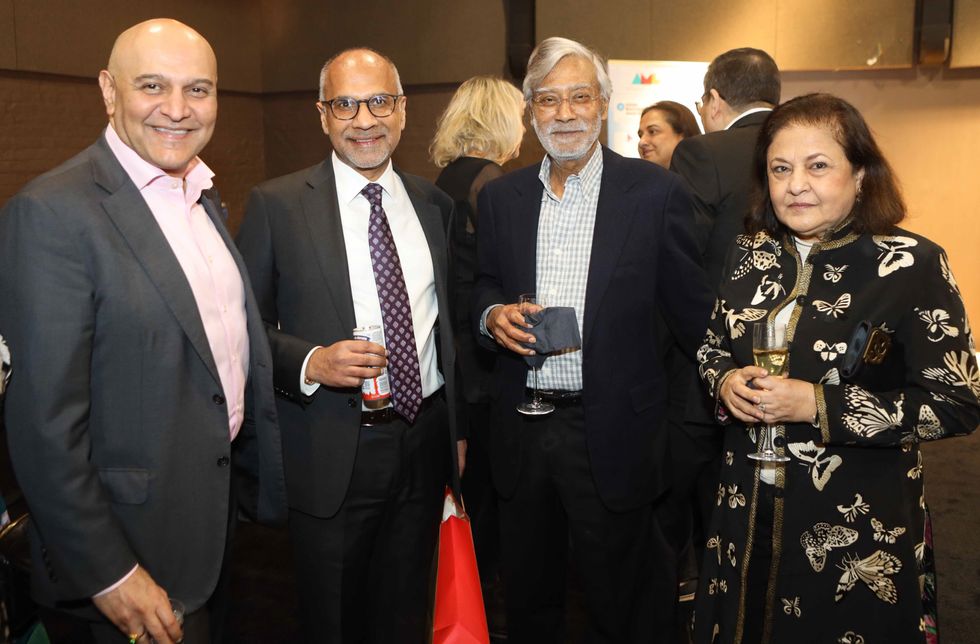
The Old Vic was represented by many of its senior figures, including Lilac Yosiphon, who spoke to Cooper about the challenges involved in being associate director of Oedipus.
At a reception prior to the performance, Amit Roy, editor-at-large at Eastern Eye said that AMG was helping the Royal Horticultural Society, the National Trust, all three armed services and other organisations “recruit talent and market to ethnic communities”.
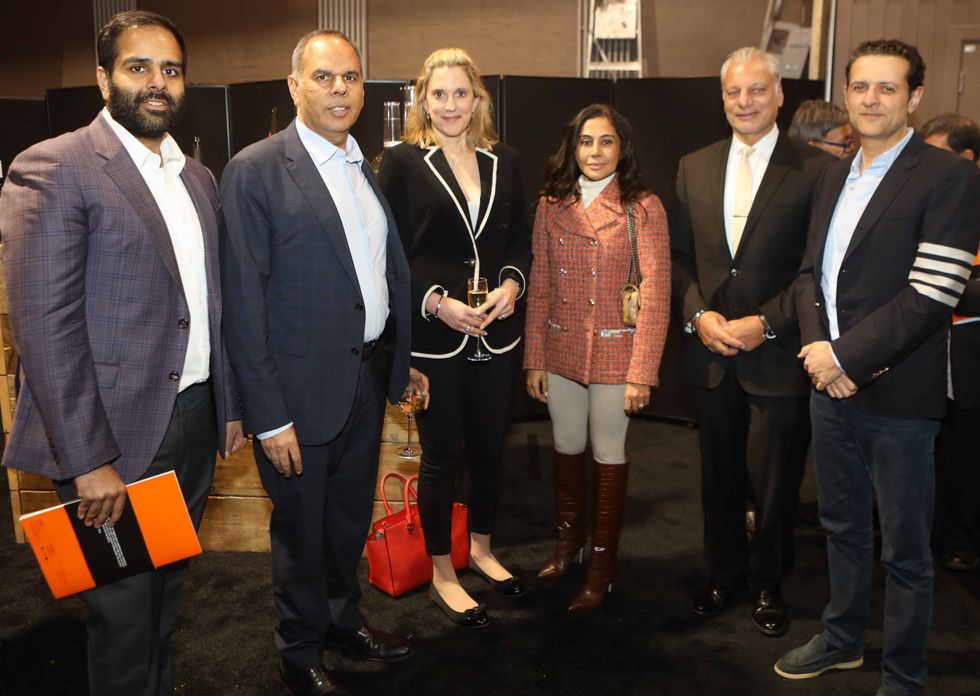
He pointed out that Eastern Eye has a dedicated Arts & Culture section, and has been hosting its own Arts Culture & Theatre Awards (ACTA) for 10 years “to celebrate the best south Asian talent in the creative arts”.
In her remarks, Cooper said: “Like many of you in the room, I’m the daughter of Indian immigrants who came here with less than £10. They were focused on trying to get my sister and me to become doctors, and keeping us away from boys. They failed on both counts.
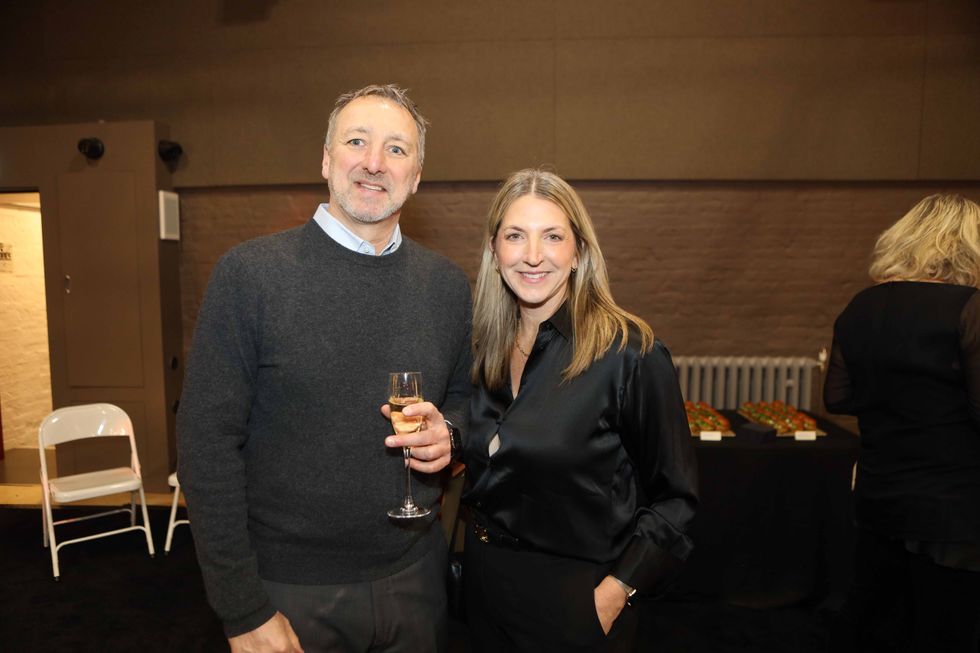
“Once I was an adult, I was able to engage in theatre and start to go regularly, and it’s become a huge passion of mine. The Old Vic has a really strong social mission. Our outreach programme ensures that children from all diverse parts of London can experience attending a show and access our wide range of education programmes.”
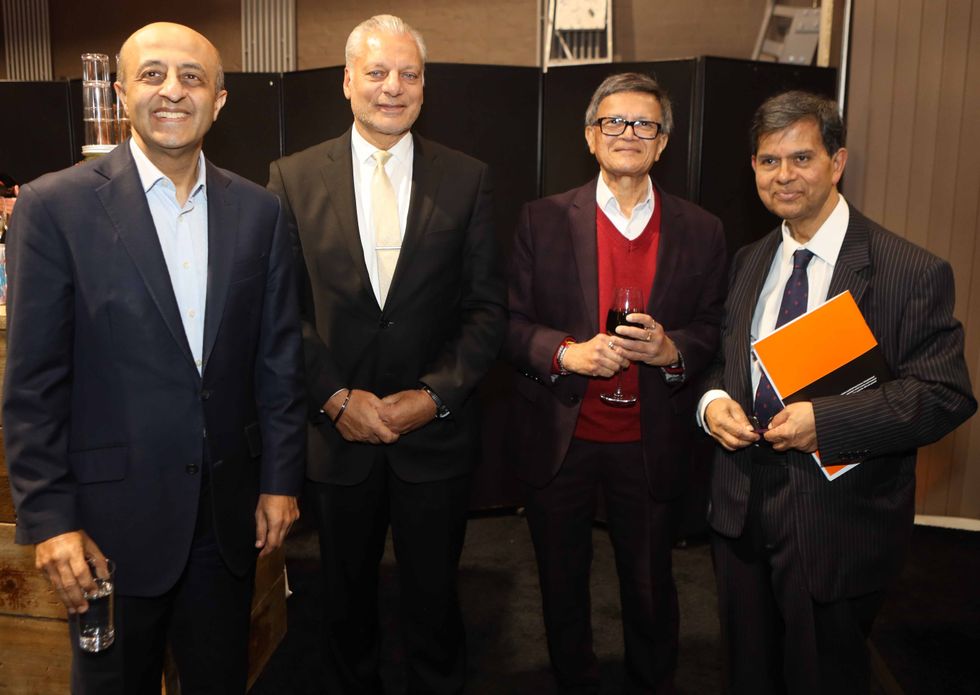
Cooper said: “In the last few months, I have been to the National Theatre, to the Bridge Theatre, to the Donmar. You all know that when you go to the ballet or the opera, we are in the minority. Thank you to the Asia Media Group for bringing you all together, because we need to encourage more people from diverse backgrounds to enjoy all of the arts.”
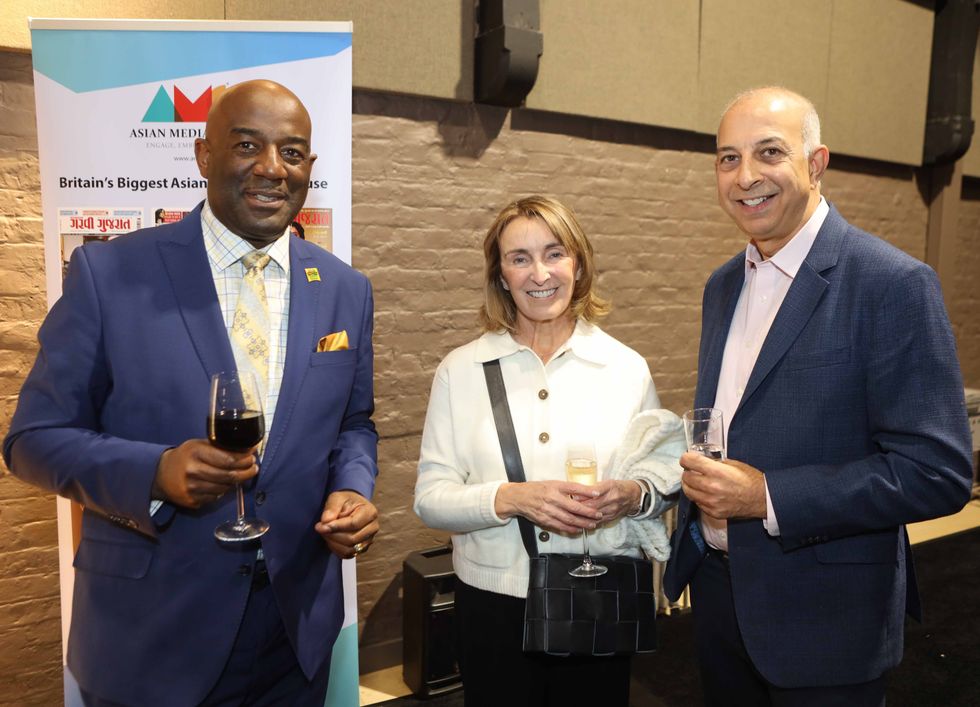
Inviting Asian entrepreneurs to support the Old Vic, she said: “I work with a team here to increase representation, both on the stage and in the audience. As a registered charity we are one of the very few theatres in London that does not receive regular public subsidy. The Old Vic is dependent on the generosity of its supporters deliver our mission and to invigorate, inspire and open doors to the world class theatre.”
